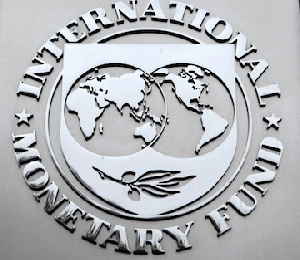Business News of Thursday, 24 April 2025
Source: www.ghanawebbers.com
IMF calls for public support amid debt reform measures
The International Monetary Fund (IMF) has urged Ghana and other countries to gain public support for debt reforms. These reforms include energy subsidies and pension adjustments.
The IMF noted that such changes often face resistance from the public and various groups. Effective communication is essential, along with stakeholder engagement. Successful examples were seen in Morocco, Germany, and Colombia.
At a press briefing, Vitor Gaspar, Director of the IMF Fiscal Affairs Department, spoke about these reforms. He said they could reduce debt, save money, and promote growth. However, he acknowledged their immediate negative effects on individuals and businesses.
Gaspar emphasized the importance of explaining how these reforms lead to financial stability. The media event occurred during the 2025 IMF/World Bank Group Spring Meetings in Washington, D.C.
He pointed out that emerging and low-income countries spend an average of 1.5% of GDP on energy subsidies. This amount exceeds their social spending aimed at helping the poor. Pension costs account for 4% of GDP in emerging markets.
Gaspar provided examples from Colombia and Morocco regarding successful reforms. Colombia adjusted gasoline prices over two years to build public trust. Meanwhile, Morocco raised fuel prices by about 20% in February 2025 to prepare for full subsidy removal.
The April Fiscal Monitor reported rising global public debt levels. It is projected to reach nearly 100% of GDP by the end of the decade, exceeding pandemic levels.
The report highlighted challenges like high debt and slow growth limiting fiscal space. It urged nations to adopt stability-focused macroeconomic policies to ease policy trade-offs. This includes reducing debt and building financial buffers for potential growth.
Source: GNA











